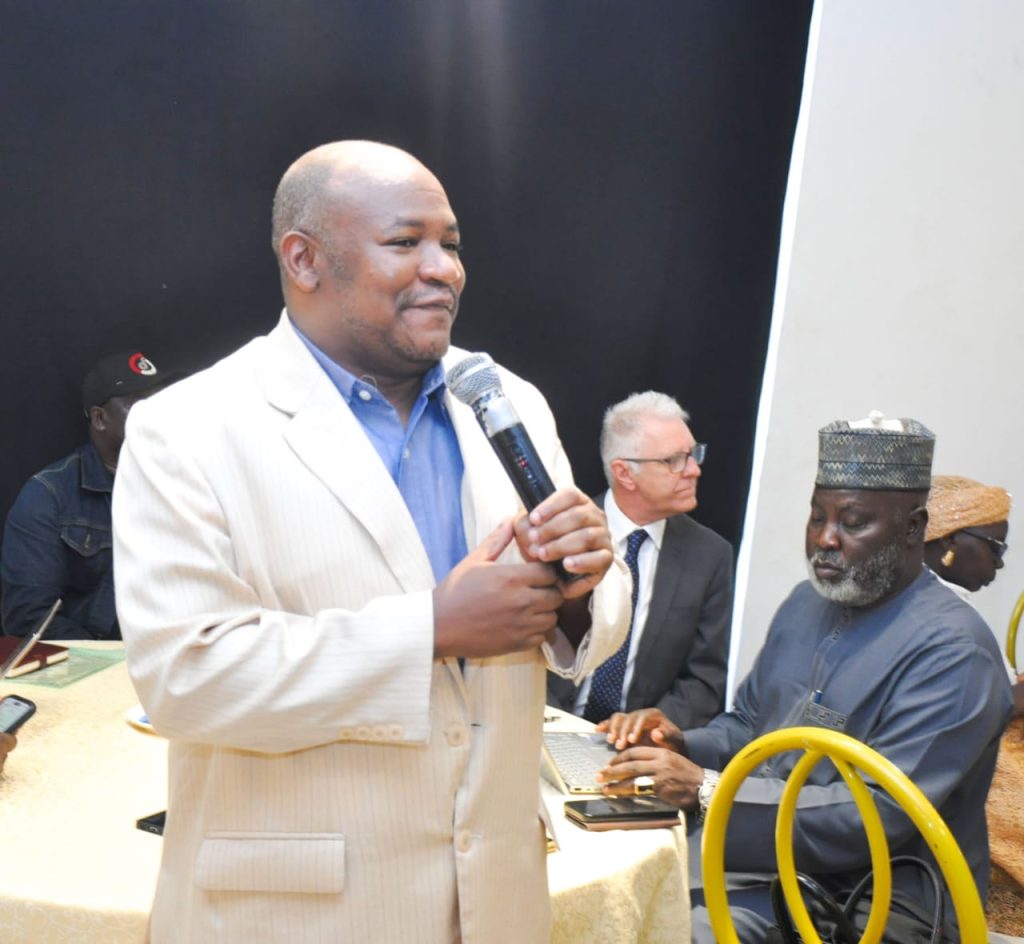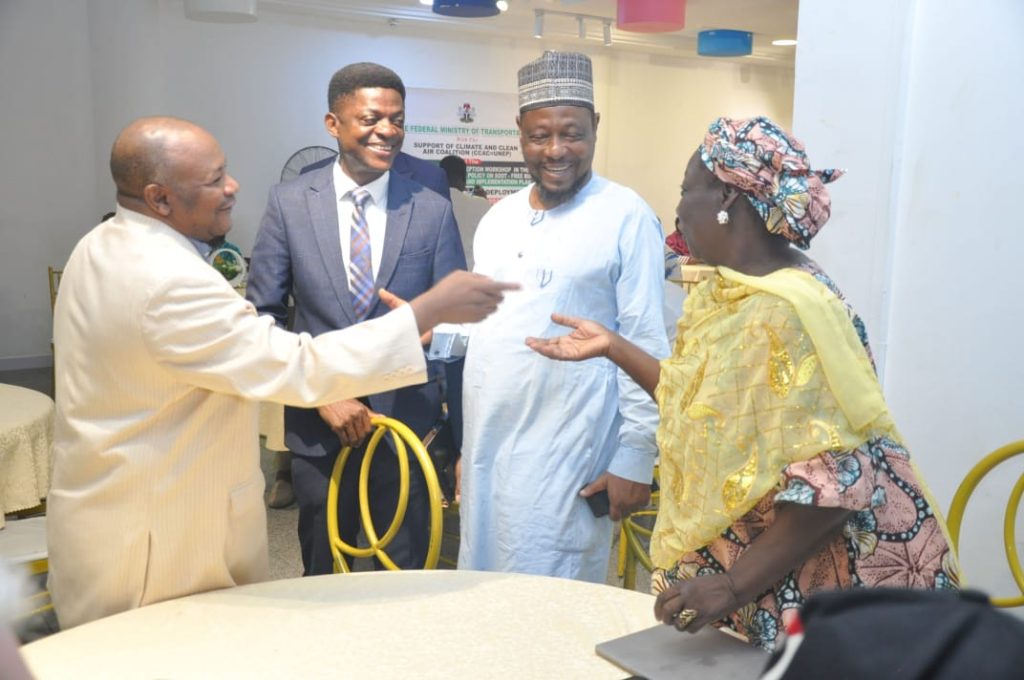By Muhammad Amaan
The University of Leeds (UoL) in the United Kingdom in partnership with the African Health Budget Network (AHBN) and NANA Girls and Women Empowerment Initiative (NANA), are working with the Federal Ministry of Transport to achieve zero emission by 2050.
The project is being funded and supported by the Climate and Clean Air Coalition (CCAC) – United Nations Environment Programme (UNEP).
The partnership included other government agencies, researchers and practitioners across Nigeria to support the development of policies and strategies to drive Nigeria towards soot-free, lower emission buses.
The project was kicked off at an Inception workshop hosted by the Federal Ministry of Transport at the Palms Hotel last Thursday in Abuja.
The international collaboration with Nigeria for lower emission’s public transport aims to reduce its transport emissions by 2030 and make the sector net zero by 2050.
The researchers from University of Leeds and Nigerian partner organizations will centre evidence, equity and community participation in the transition.
In 2019, the Nigerian government agreed to reduce short-lived climate pollutants (SLCPs), which included converting 25 per cent of its buses to run on Compressed Natural Gas (CNG) by 2030. It aims to have net zero public transport services by 2050.
Health Reporters Newspaper reports that among the obstacles to the target is the high number of pre-used vehicles imported into the country’s bus fleet.

“These often don’t meet regulations that require higher efficiency or lower emissions and often lack regular maintenance.”
The researchers say that it’s important to create evidence-based policies to support higher emission standards, the take-up of lower emissions public transport in the country and people with skills to make it happen.
“We are excited to be part of this initiative, which will support ordinary Nigerians to reduce cost of maintenance and managing vehicles, moving from fossil fuel to the use of compressed natural gas vehicles as well as using electrical vehicles will significantly support families to manage their income as well as ensure easy travels across the country.
“We congratulate the Ministry of Transport for taking the leadership to develop and implement the policy” said Dr Fatima Adamu, Executive Director NANA Girls and Women Empowerment Initiative.
As well as a focus on policy, the project team will help deliver training and capacity to practitioners to support the transition.
The University of Leeds researchers from the Institute for Transport Studies are working alongside Dr Fatima Adamu and colleagues from NANA Girls and Women Empowerment Initiative, Dr Aminu Magashi Garba and team from the AHBN , and other experts from the University of Ibadan and the Lagos Metropolitan Area Transport Authority (LAMATA).

They’ll bring together deep local knowledge and networks that support a place-based approach to transformation. This means understanding the challenges that local communities and organizations face to make sure that policies reflect their needs. Change must champion health, equity and the climate.
“Ensuring Nigeria achieves the 2030 target will require multi-stakeholder and multi-sectoral collaboration in the development of the policy, strategies, and implementation plans to support the Nigerian Government to deploy more soot-free buses.
“CNG vehicles, including electrical vehicles. Achieving these, will significantly promote clean air, mitigate the impact of climate change and general well-being of the populace,” said Dr Aminu Magashi Garba, Coordinator of AHBN.
This international network will co-produce effective, evidence-led policies and strategies to work towards net zero transport and create a positive example for countries around the world.
“Nigeria has an exciting opportunity to make a change towards cleaner, lower carbon energy for the vital public transport sector and a lot of focus and effort is being placed on this across the country.
“It is a pleasure for us, as researchers at Institute for Transport Studies at Leeds, to contribute internationally-recognized expertise and evidence to the Federal Ministry of Transport and the many key stakeholders necessary to bring out this change.
“Together, we can support the creation of an evidence-based national policy and plan for implementation that can steer the efforts being made towards the targets the country has set” said Mr Jeff Turner, Project Co-ordinator, Institute for Transport Studies, University of Leeds, UK.




